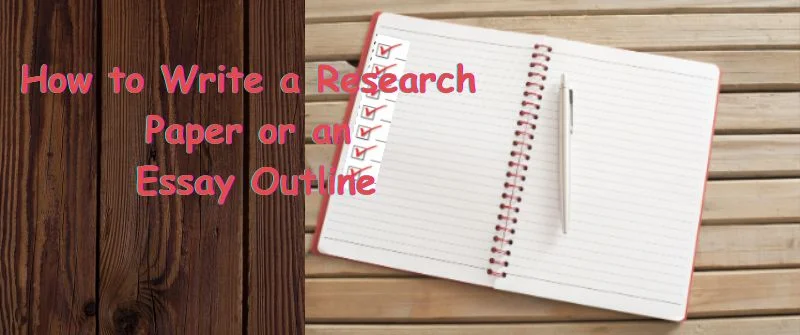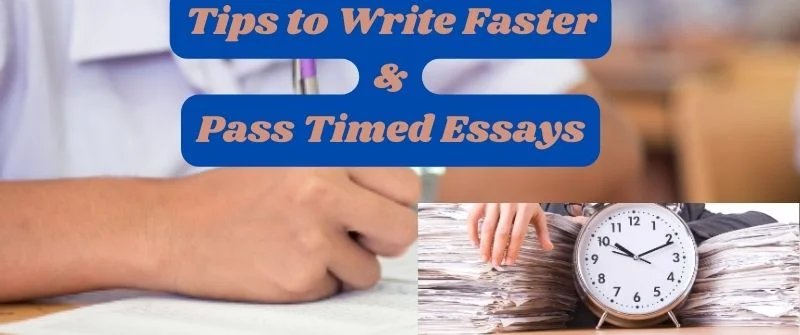Issa Final Exam Cheat Sheet: How to Pass the ISSA Exam
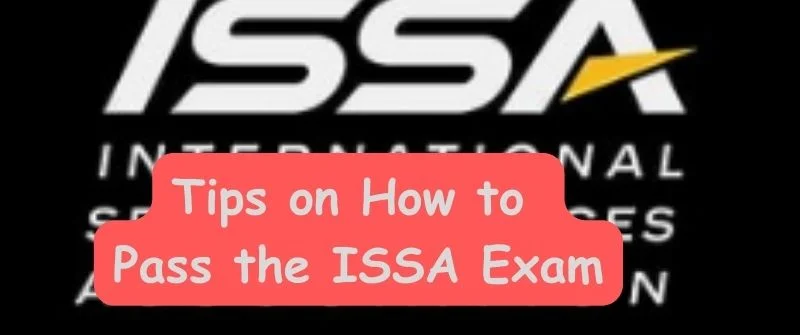
The ISSA (International Sports Sciences Association) Exam is a crucial step for those pursuing fitness and personal training careers.
Mostly, this examination assesses your knowledge, skills, and competencies in exercise science, nutrition, program design, and client assessment.
Successfully passing the ISSA Exam is essential to becoming a certified fitness professional.
This comprehensive cheat sheet will unravel the secrets to taking the ISSA Exam. We’ve covered you, from valuable study techniques to tips for managing your exam time effectively.
Whether you are a novice or a seasoned fitness enthusiast, this guide will help you confidently navigate the exam. Let’s dive in and set you on the path to ISSA certification success.
Tips to pass the ISSA Final Exam
1. Preparing for Success
Creating a study schedule is paramount. Allocate specific time slots for study sessions and adhere to them rigorously. Consistency is key.
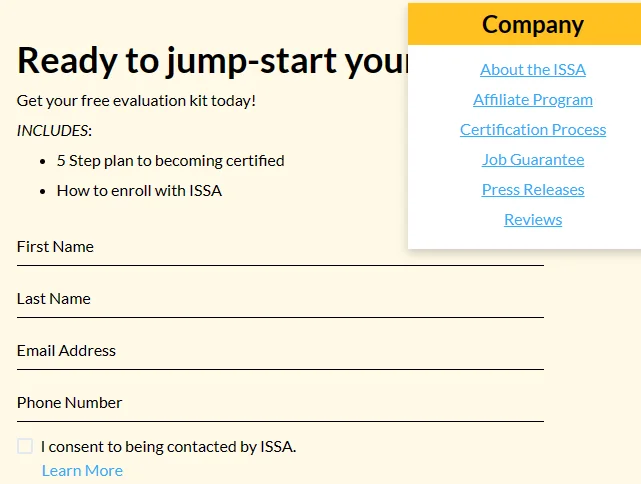
Prioritize the areas where you need the most improvement. Dedicating focused study blocks to these topics will bolster your knowledge in weaker areas and ensure a well-rounded understanding of the exam material.
The ISSA exam covers many topics, so having suitable study materials is crucial. Ensure you have up-to-date textbooks, class notes, and any recommended resources.
These materials are your toolkit for success. Remember to utilize ISSA’s official study materials and practice exams. They are tailored to the exam’s content and format.
To maximize your study time
- Employ effective techniques.
- Utilize active learning methods, like summarizing information in your own words, creating flashcards, and teaching the material to someone else.
- Practice problem-solving questions and simulate exam conditions by taking practice tests under time constraints.
Group study sessions with peers can provide different perspectives and insights, enhancing your understanding.
2. Decoding the Exam Format
The ISSA Final Exam comprises multiple-choice, true/false, and short-answer questions. The number of questions may differ depending on the specific certification you are pursuing.
However, expect to answer a comprehensive set of queries designed to assess your knowledge and understanding of the material.
- Multiple-Choice Questions: These questions present a statement or query with multiple answer options. Your task is to select the correct response from the given choices.
- True/False Questions: These are straightforward questions where you determine the accuracy of a provided statement.
- Short Answer Questions: You must respond concisely, providing specific information.
The scoring system for the ISSA Final Exam typically involves assigning a specific number of points to each question, with a passing score requirement (usually around 75% or higher). To succeed, aim to score above this threshold.
Understanding the scoring system can aid you in strategizing and prioritizing specific questions, especially if you encounter challenging ones during the exam.
3. Crafting Your Cheat Sheet
Summarization is the core of creating a helpful cheat sheet. Your goal is to distill complex information into concise, easy-to-digest notes.
Focus on key concepts, formulas, and information you might need help remembering during the exam.
Use bullet points, abbreviations, and mnemonic devices to condense the content while retaining its significance.
Organize your cheat sheet for clarity and quick reference. Create headings and subheadings, and use visuals like charts, graphs, and diagrams.
Visual cues can trigger your memory effectively. Arrange your notes logically to find the information you need during the exam quickly.
Prioritize the most critical information. Include formulas, definitions, concepts, and processes fundamental to understanding the material.
Leave out the details you’re already confident in or aspects unlikely to appear on the exam. Your cheat sheet should be a strategic reference, not a comprehensive review of every topic.
4. Memorization Techniques
Here are some proven techniques to help you commit essential information to memory:
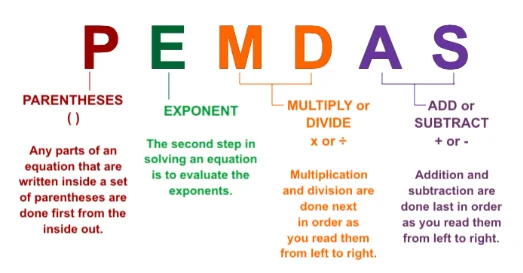
Mnemonics, Acronyms, and Memory Aids
Mnemonics are memory aids that make complex information more accessible to recall. Create acronyms or phrases using the first letter of each term you need to remember.
For example, “PEMDAS” helps you remember the order of operations in mathematics. Similarly, invent catchy phrases or use visual imagery to reinforce your memory.
Flashcards and Repetition
Flashcards are a classic tool for memorization. Write down a question or term on one side and the answer on the other.
Test yourself repeatedly, shuffling the cards to ensure you don’t memorize them in a specific order.
The spaced repetition technique, which involves reviewing cards at increasing intervals, can enhance long-term retention.
Simulations and Practice Quizzes
Simulations and practice quizzes are fantastic for recalling information and applying your knowledge in context.
These resources mimic the exam environment and challenge your understanding.
The more you practice under similar conditions, the more confident and skilled you’ll become in handling exam questions.
5. Last-Minute Tips
Review all your study materials, cheat sheet, and any essential notes. Ensure you have all the necessary identification and test-taking supplies, such as pencils or pens, scratch paper, and a calculator if permitted.
Lay out your exam-day outfit so you’re not rushing in the morning. If you experience pre-exam jitters, consider relaxation techniques like deep breathing or meditation.
Exam anxiety is common, but managing it is essential. Remind yourself of your hard work and preparation.
Trust your abilities, and remember that stress can impede your performance. Stay positive and focused during the exam; if you encounter a challenging question, move on and return to it later if needed.
A good night’s sleep is crucial. Aim for at least 7-8 hours of rest to ensure your mind is sharp.
On exam day, have a balanced breakfast rich in protein and complex carbohydrates. These nutrients provide the necessary energy and mental clarity for peak performance.
6. Tips when Taking the Exam
Arrive at the exam center ahead of time so you’re not rushed. Find your assigned seat, settle in, and listen to any instructions.
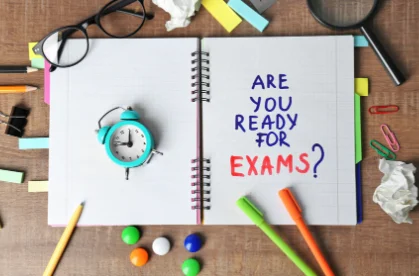
Start by reviewing the entire exam to gauge the types of questions and allocate your time accordingly.
Each question should have a time limit. If you get stuck on a particular question, move on and return to it later.
Utilize the cheat sheet you’ve prepared if it’s permitted. Pace yourself so you have ample time for every section. Keep an eye on the clock and avoid spending too much time on a single question.
Feeling nervous is natural, but excessive anxiety can hinder your performance. Remember that you’ve prepared diligently.
Take a deep breath and focus on one question at a time. If anxiety starts to build, pause, close your eyes, and take a few slow, deep breaths to regain your composure.
7. Tips after the Exam
After the exam, it is essential to reflect on your performance. Review the exam to identify your strengths and weaknesses.
Which sections did you excel in, and where did you face challenges? Understanding this will help refine your study methods and prepare for future exams.
Once you’ve passed your ISSA Final Exam, the world of fitness is yours to conquer.
Determine your career path – will you be a personal trainer, nutritionist, or specialist in another area? Research any additional certifications for your chosen field and plan your next steps.
Passing the ISSA Final Exam is a significant accomplishment deserving of celebration. Share your success with friends, family, and peers.
Recognize the hard work and dedication you’ve put into achieving this milestone, and use it to motivate you toward further success in your fitness career.
Essential Topics to Cover in the ISSA Final Exam
Domain 1: Anatomy and Physiology
It encompasses the human body’s structure functions and how exercise impacts these systems.
Domain 2: Kinesiology and Biomechanics

This entails the study of human movement and the mechanics behind it. This domain covers muscle function, joint movement, and exercise techniques.
Domain 3: Nutrition and Supplementation
Emphasizes the importance of a well-rounded understanding of dietary principles and the role of supplements in fitness and health.
Domain 4: Exercise Technique and Program Design
Evaluate your knowledge of proper exercise execution, program creation, and customization based on individual goals and needs.
Domain 5: Client Assessment and Evaluation
Assesses your ability to perform client assessments, including health and fitness evaluations, goal setting, and creating personalized fitness plans.
Domain 6: Program Planning and Implementation
Focuses on your capability to create effective fitness programs based on client assessments.
Domain 7: Legal and Ethical Considerations
It evaluates your knowledge of legal responsibilities, client confidentiality, and professional ethics.
Domain 8: Business Development and Marketing
Focuses on your comprehension of building and managing a successful fitness business. It examines your grasp of marketing strategies, client retention, and financial aspects relevant to the fitness industry.
Conclusion
Preparing for and successfully passing the ISSA Final Exam is an achievable goal when armed with the right strategies and resources.
Mostly, this cheat sheet has provided a comprehensive roadmap, from understanding the exam format to crafting a practical cheat sheet and excelling on test day.
Remember that dedication, effective study techniques, and a well-organized cheat sheet can be your keys to success.
As you approach your ISSA Final Exam, stay focused, remain calm, and trust your preparation.
After the exam, review your performance and, most importantly, celebrate your accomplishments. Your future in the fitness industry awaits!

Josh Jasen or JJ as we fondly call him, is a senior academic editor at Grade Bees in charge of the writing department. When not managing complex essays and academic writing tasks, Josh is busy advising students on how to pass assignments. In his spare time, he loves playing football or walking with his dog around the park.


